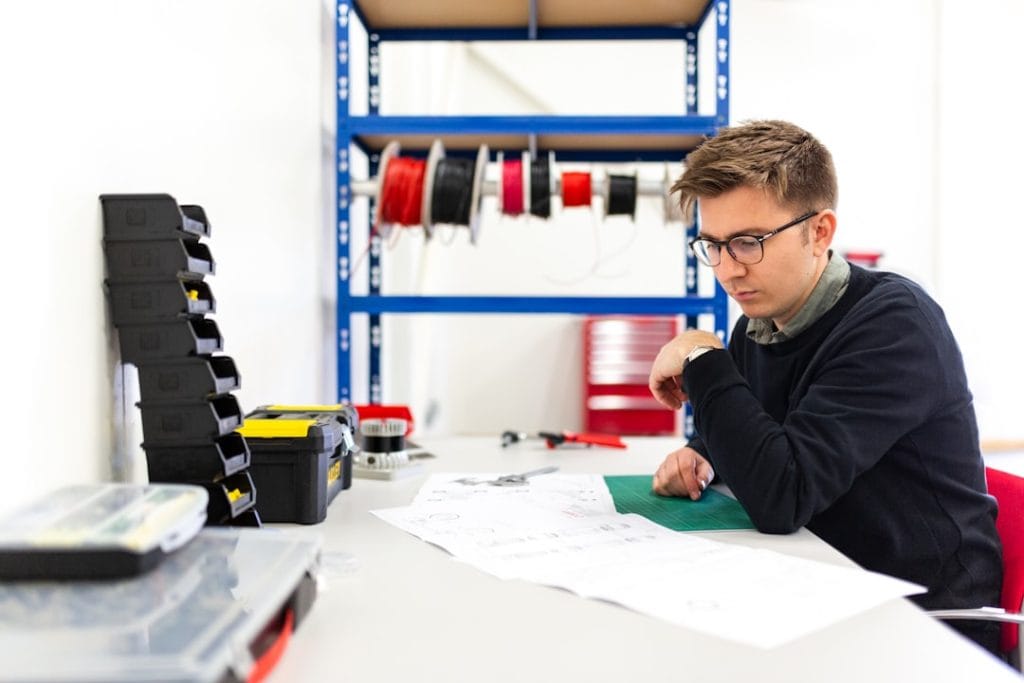If you’re passionate about sound design, audio production, and making music or films come alive through sound, a career as an audio engineer may be your calling. However, to land the right gig in a competitive and creative field, you’ll need a resume that truly sings. Whether you’re mixing live performances, producing in a studio, or editing for film and television, the following guide will help you build a resume that’s not only technically sound but also visually compelling and tailored for 2025’s job market.
Why a Strong Audio Engineer Resume Matters
Audio engineering is as much about precision and creativity as it is about understanding evolving technology. Employers today are looking for professionals who are not just technically capable but adaptable and collaborative. Your resume needs to reflect your proficiency with modern tools, your experience with various audio environments, and your ability to troubleshoot and perfect soundscapes.
Key Sections of a Winning Audio Engineer Resume
Your resume should be clean, easy to scan, and rich with relevant information. Here’s what you should include:
- Contact Information: Full name, phone number, professional email address, and a link to your portfolio or LinkedIn profile.
- Professional Summary: A brief paragraph (2-3 lines) highlighting your core experience, standout skills, and areas of specialization.
- Skills Section: Emphasize both hard and soft skills. Include specific tools, software (like Pro Tools, Logic Pro X, Ableton Live), and techniques (mixing, mastering, recording).
- Work Experience: List past positions in reverse chronological order. Use bullet points to describe your responsibilities and achievements with measurable results when possible.
- Education: Mention any degrees, certifications, or specialized training related to audio engineering or music production.
- Certifications and Awards: Include credentials like Avid Certified User, Apple Certified Pro, or any industry honors that highlight your expertise.
Professional Summary Examples
Here are a few example summaries tailored for different types of audio engineers:
- Studio Engineer: “Detail-oriented and collaborative studio engineer with 5+ years of experience in recording, mixing, and mastering across multiple genres. Proficient in Pro Tools and Logic Pro X, with a track record of enhancing sonic quality and meeting tight deadlines.”
- Live Sound Engineer: “Seasoned live sound engineer skilled in front-of-house mixing and system tuning for venues ranging from small clubs to large arenas. Adept in setting up stage equipment, troubleshooting audio issues, and delivering pristine sound under pressure.”
- Post-Production Audio Engineer: “Creative post-production engineer with expertise in sound design, Foley, ADR, and mixing for film and TV. Proficient with Avid Media Composer and Dolby Atmos, with credits on award-winning independent films.”
Must-Have Skills for 2025 Audio Engineering Jobs
As the industry evolves, employers expect candidates to be skilled in both traditional audio techniques and emerging technologies. Here are some skills worth showcasing:
- Software Proficiency: Pro Tools, Logic Pro, Ableton Live, Adobe Audition, Cubase
- Tech Abilities: Signal flow, digital and analog recording, MIDI programming, remote session work
- Creative Skills: Mixing, mastering, sound editing, field recording
- Soft Skills: Communication, teamwork, time management, problem-solving, adaptability
Resume Design Tips for Audio Engineers
Don’t underestimate the visual aspect of your resume. While content is key, a slightly artistic layout that reflects your creative side can go a long way—just be sure it remains professional and ATS-friendly. Use clean fonts, logical headings, and ample white space. Avoid overly complex designs that may not be readable by software scanners used by employers.
You might also consider including a QR code that links to your online portfolio or a Spotify playlist of projects you’ve worked on. This shows initiative and offers immediate access to your previous work.
Final Thoughts
In 2025, the best resumes for audio engineers will blend artistry with structure. By emphasizing your technical abilities, creative projects, and professional accomplishments, you’ll stand out in the crowd. Pair your refined resume with a personalized cover letter, keep your online profiles fresh, and always be ready to demonstrate your sonic mastery in an interview. The world needs your sound—make sure your resume sets the tone.
